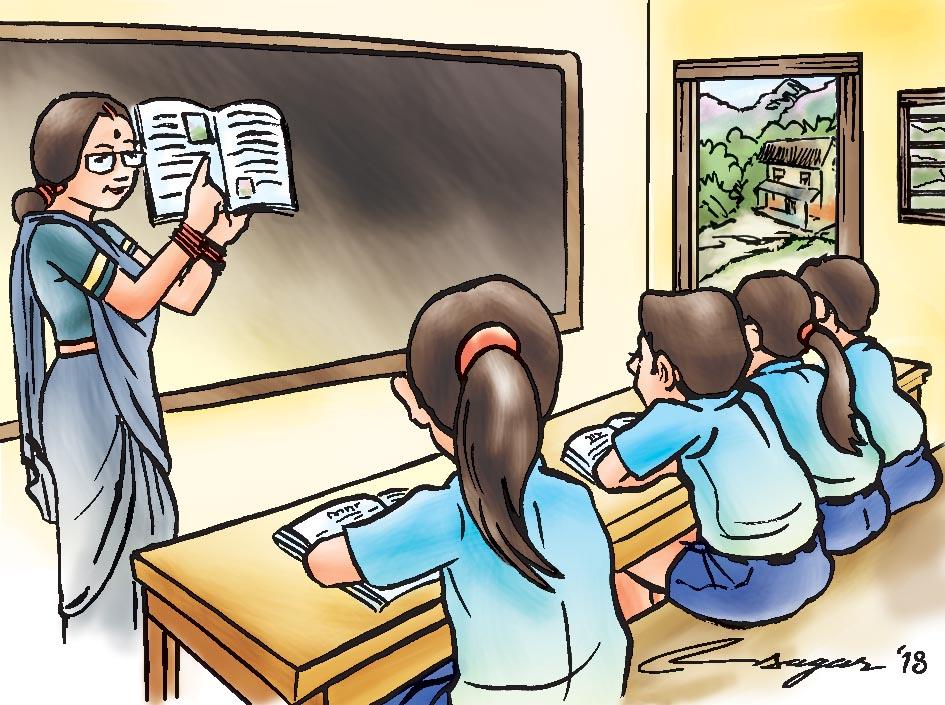Forecasting the future of the public education sector involves looking at the convergence of powerful pedagogical, technological, and societal trends that are poised to fundamentally reshape the learning landscape. The most significant Government Education Market prediction is the continued and accelerating shift towards a more personalized and student-centric model of learning, enabled by technology. The traditional, one-size-fits-all, industrial-era model of education—where all students in a classroom learn the same thing at the same pace—is increasingly being seen as outdated and ineffective. The future of education lies in leveraging technology and data to create individualized learning paths for every student. This will involve the widespread adoption of adaptive learning platforms that can use artificial intelligence to assess a student's knowledge in real-time and deliver content and activities that are tailored to their specific learning needs and pace. This move towards mass personalization will be the defining pedagogical shift of the next decade and will drive massive investment in the AI-powered EdTech tools that make it possible.
A second key prediction is that the physical and digital learning environments will become seamlessly blended, effectively erasing the line between the classroom and online learning. The "classroom of the future" will not be confined to the four walls of a school building. It will be a hybrid ecosystem that leverages the best of both worlds. In-person instruction will focus more on collaborative, project-based, and social-emotional learning, while digital platforms will be used to deliver core instruction, provide opportunities for independent practice, and connect students with resources and experts from around the globe. This will require a new generation of sophisticated and interoperable technology platforms that can manage this blended experience. Furthermore, immersive technologies like virtual reality (VR) and augmented reality (AR) are predicted to become increasingly common tools, allowing students to take virtual field trips to ancient Rome, conduct complex science experiments in a safe virtual lab, or visualize abstract mathematical concepts in 3D, creating a more engaging and effective learning experience.
Finally, the market is predicted to grapple with a profound and necessary focus on addressing the whole child, which extends beyond pure academic instruction. There is a growing recognition that student success is deeply intertwined with their mental health, social-emotional well-being, and readiness for the future workforce. This will create a significant and growing market for new types of services and technologies. We will see increased investment in digital platforms for mental health screening and support, software for social-emotional learning (SEL) curriculum, and tools that help students with career exploration and a smoother transition from education to employment. There will also be a much greater emphasis on data privacy and cybersecurity, as the increased reliance on digital tools creates new risks that schools must mitigate. This holistic approach—focusing on personalization, a blended learning environment, and the well-being of the whole child—is the central prediction for the future evolution of the government education market.



